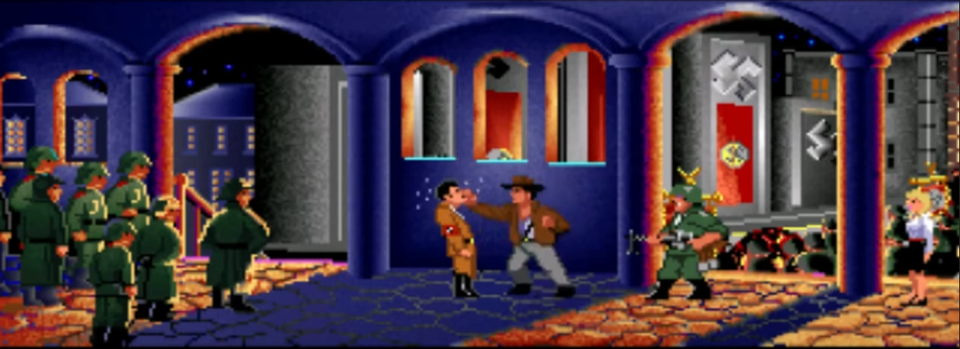The Dawn of an Apocalypse: Exploring the Legacy of Fallout

In the annals of video game history, few titles stand as testament to the enduring appeal of post-apocalyptic storytelling quite like Brian Fargo's Fallout. Released in 1997 by Interplay Entertainment, this groundbreaking role-playing game not only set the stage for a beloved franchise but also redefined the possibilities of narrative-driven gaming.
Fallout unfolds in a world scarred by nuclear war, a dystopian wasteland where survival is a daily struggle. The game's narrative is set against the backdrop of the aftermath of a global conflict, with players emerging from an underground vault into the desolate ruins of Southern California. The richly detailed world, influenced by 1950s Americana and retro-futurism, creates a unique atmosphere that is both haunting and captivating.
What set Fallout apart from its contemporaries was its commitment to player agency and choice. The isometric perspective and turn-based combat system allowed for strategic decision-making, while a vast, open-ended world encouraged exploration and discovery. Every choice made, every alliance forged or broken, had consequences that rippled through the story, giving players a true sense of ownership over their journey.
At the heart of Fallout's success was its robust character creation system. Players could meticulously craft their protagonist, shaping not only their appearance but also their skills and attributes. This customization extended beyond the initial creation, as characters evolved based on player choices, acquiring skills and perks that reflected the unique path each player took through the wasteland.
Beyond its innovative gameplay mechanics, Fallout is celebrated for its mature and engaging narrative. The game's branching storylines, moral ambiguity, and morally grey characters challenged players to grapple with complex choices. The consequences of these choices weren't always immediately apparent, adding a layer of depth and replayability that set a new standard for storytelling in video games.
The success of the first Fallout game laid the foundation for a franchise that has endured for decades. Its influence can be seen in the numerous post-apocalyptic games that followed, and the Fallout series itself has evolved, adapting to changing gaming landscapes while staying true to its core elements.
As we reflect on the first Fallout game, it's clear that its impact reaches far beyond the pixels on the screen. It wasn't just a game; it was a pioneering force that demonstrated the narrative potential of the medium. With its gripping story, open-ended gameplay, and a world that continues to capture the imagination, Fallout remains a timeless classic that deserves recognition as a trailblazer in the realm of role-playing games.



